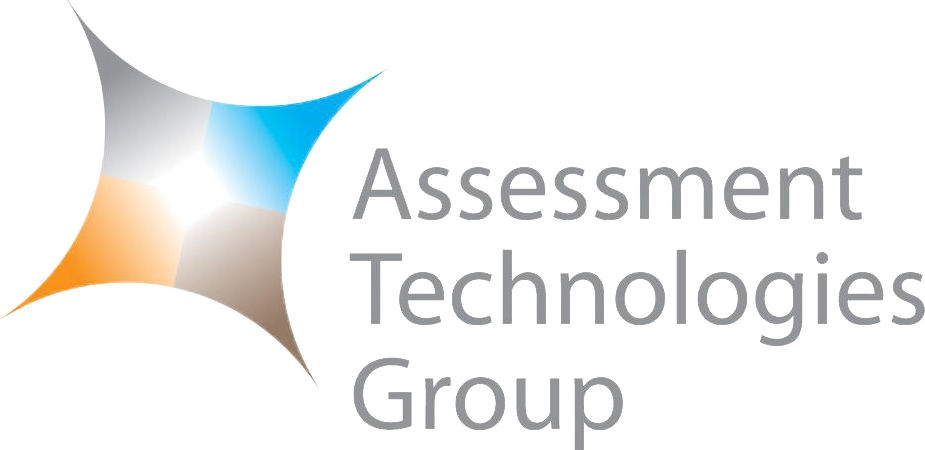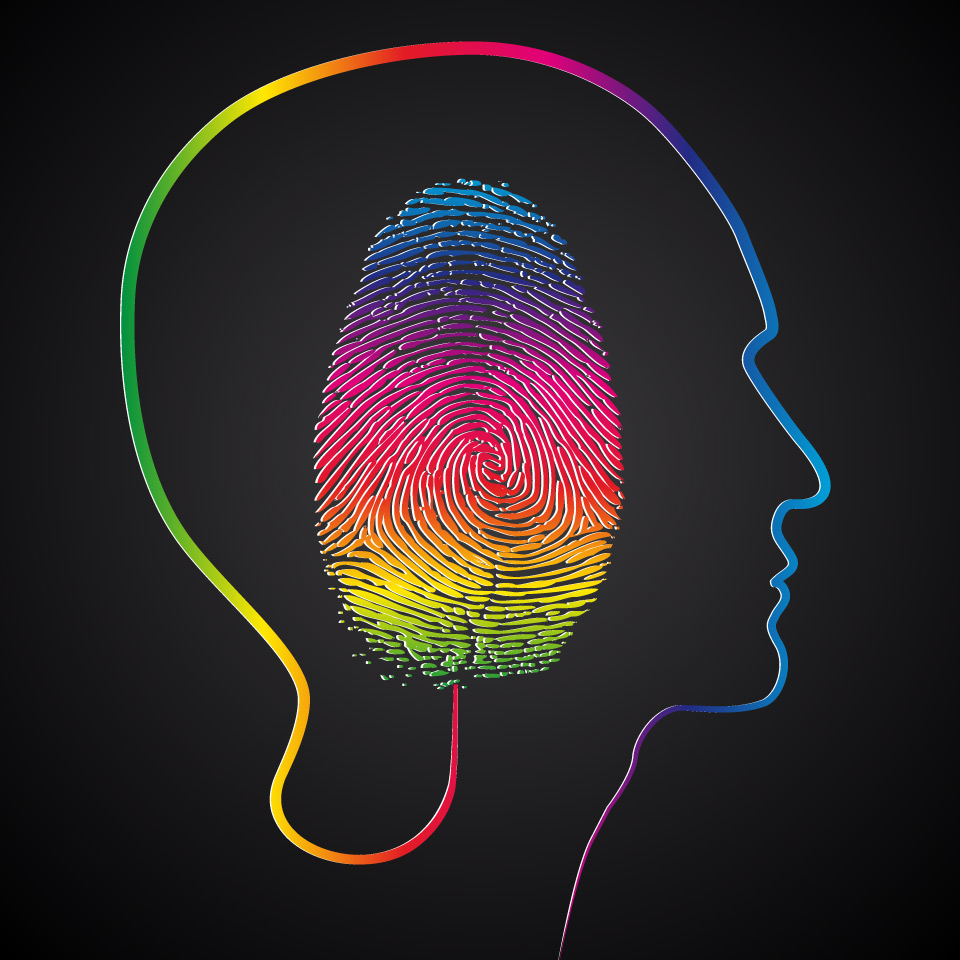
Lessons From Equifax: How You Can Prevent an Avoidable Security Breach
October 30, 2017
Don’t Take Our Word For It: A Testimony of the Power of Pelocity
January 24, 2018By: Greg Gutkowski, bestselling author and guest blogger
The digital transformation has disrupted, and in some cases, degraded entire industries. Let’s examine the impact of this phenomenon on future jobs and discuss an approach to addressing this unprecedented development in the history of humankind.
The price of technology decreased roughly 10,000-fold over the last 20 years. The computing power of our smartphones would have cost about $4 million as little as 20 years ago. Today, we carry in our pockets more computing power than it took the Apollo mission to go to the moon and back. As of 2016, more people around the world own smartphones than toothbrushes.
Entire industries have been disrupted by the digital revolution, including music publishing by Apple iTunes, traditional print and TV advertising by Google, retail by Amazon, traditional media by social media, taxis by Uber, and hotels by Airbnb. Never have we experienced such a rapid increase in the power of technology with a simultaneous steep drop in pricing. These two drivers account for most of the progress and disruption, and the pace of technological change is not going to slow down anytime soon.
Digital technologies are having a profound impact on all industries. Big Data, the Internet of Things, 3D printing, robotics, cloud computing, social media, mobile devices, artificial intelligence, augmented reality and machine learning—they all impact architecture, agriculture, education, healthcare, banking, financial services, news, politics, entertainment, manufacturing, sports, and tourism to name a few.
Digitization has profoundly influenced business operations across all sectors, from recruiting and professional development to public relations, marketing, sales, customer service, finance, and IT. In the modern workplace, it’s hard to find a professional role that doesn’t incorporate some form of digital activity. This widespread digital integration has also paved the way for specialized digital marketing strategies, such as SEO for AI companies, which tailor their approaches to meet the unique needs of firms operating in the tech and artificial intelligence sectors.
On September 7, 2016, in a nearly unanimous vote of 367-4, the U.S. House of Representatives approved a resolution calling for the United States to develop a national Internet of Things strategy (IoT). The House IoT Resolution, H.Res. 847, acknowledges the tremendous transformational economic and societal potential of digital technologies. It highlights the importance of a national strategy to ensure that the U.S. continues to lead the world in technology innovation.
Ultimately, the success of the digital transformation depends on addressing the digital skills gap, which, according to McKinsey & Company, ”imposes on the United States the economic equivalent of a permanent national recession.”
The Future of Jobs, a new report from the World Economic Forum claims that five years from now, 35 percent of skills that are considered important in today’s workforce will have changed.
More companies are requiring a mix of technology and people skills, and 2016 is being called the year of the hybrid job. In an analysis commissioned by Bentley University, researchers examined 24 million job listings, looking for key skills across nine industries. They found that employers want multifaceted employees who possess hard skills such as digital technologies, coupled with traditional soft skills like communication and collaboration.
We need to address digital skills gap with the effective K-12/college digital literacy curriculum. The very rapid technology changes left many teachers unprepared to provide educational or vocational leadership in the context of the vital digital skills.
Based on the extensive practical experience, 3CLICKS.US has developed a series of online courses to inspire students, teachers, parents and professionals to discover the vast array of digital transformation feasibilities and opportunities. They explain how enhancing digital skills can positively impact their professional lives, businesses, careers and communities.
You can contact Greg Gutkowski at greg.gutkowski@


